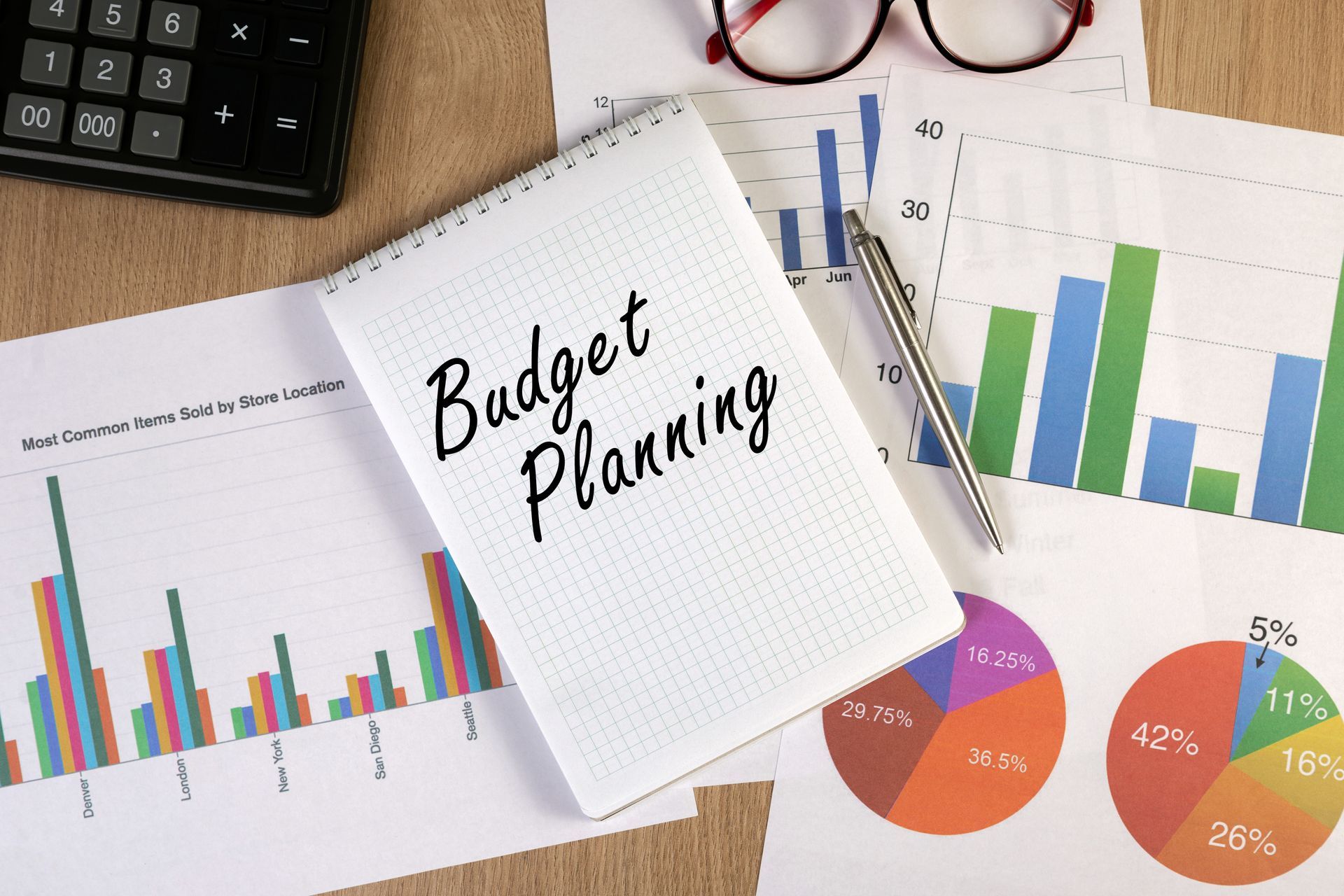Debunking Myths About Debt That Are From The Truth
At some point in their lives, everyone in Canada will have debt . It may be a mortgage loan, which can be considered long-term debt, or debt on a credit card, which ideally must be paid back monthly.
Having debt in Canada is widespread, with many people having bad debts and very few people being
debt free .
However, there are also some serious misconceptions and myths about debt. What many people may not tell you is that it is possible to use debt wisely (i.e. a mortgage or new car loan), manage it well and not be consumed by it!
In this article, we’ll list and debunk some of the most commonly touted myths about debt. Read on to learn more.
Myth #1: All debt is bad
Many people avoid applying for credit, as they have the mistaken belief that all debt is bad. Some believe that having credit means being “in debt” and that using credit cards will lead to an inevitable, downward debt spiral that’s all but impossible to escape.
However, having credit or debt is necessary if you aspire to own a home and not pay rent forever, own a car, or provide education for your children. All of these invariably require a loan.
Indeed, avoiding debt at any cost may be bad — especially if there are necessities which have to be bought (such as a new computer for learning) or if it means depleting savings that have been reserved for emergencies.
The secret is to manage the credit or debt you have wisely and maintain a good credit rating. Be aware what paying high interest rates on purchases with credit cards means and shop around when you are looking for loans — even mortgages. Get the best interest rates you can and your money will go further!
Myth #2: You should pay off debt as fast as you can
Sometimes, if you have a loan on a long-term basis (such as a mortgage at favourable rates), there is little point paying it off as soon as possible — unless there is an urgent need to be
debt free .
It’s far better to put any extra money towards paying off a bad debt with a high interest rate. This will, invariably, be your credit card account — where interest rates that sound reasonable at, say 2% per month, but actually compound up to over 24% per annum. That’s almost 25% more than you initially paid for an item.
Once the debt with the highest interest is paid off, it’s wise to start paying as much as you can from the account with the next highest interest rate.
Myth #3: All debt negatively affects your credit score
One of the biggest factors that goes into your credit score is your level of debt, which may be composed of up to 30% of your credit score. As such, paying your loan balances is better for your credit score.
Carrying high debt, especially high levels of credit card debt, hurts your credit score and your ability to get approved for new credit cards, loans, and even an increased credit limit.
Myth #4: You will be fine if you pay only the minimum payment on your credit card
Making the minimum credit card payment is tempting, as you then don’t need to pay a late fee. However, the less you pay now, the more you'll have to pay later. Having a credit card negative balance not only means you'll be in debt longer, but you can rack up massive amounts of interest. This is due to the compounding interest making it difficult to pay off this type of debt.
We’re here to help you manage your debt
At Charles Ghadban Accounting, our team is experienced with helping people manage their debt and getting their financial affairs in order. We invite you to
get in touch with us today and see how we can best help.
To receive financial advice about debt management or any other financial-related needs, call us at 613-234-7856 or fill out our contact form to make an appointment today!










